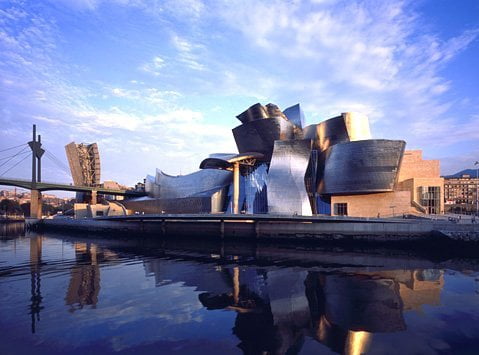I really can’t make my mind up about Alain de Botton. Part of me finds him insufferable, thanks to what appears to be his perpetual smugness, as well as his fondness for translating complex ideas into aphorisms that could fit on a chewing-gum wrapper. But then, much as the equally (to me, at least) annoying Jostein Gaarder’s Sophie’s World brought philosophy to people who otherwise wouldn’t read or think about it, perhaps de Botton does more good than harm. Nobody expects more from him than vaguely inspirational “deep thoughts”, so it’s entirely possible that part of my annoyance is mere jealousy at how he’s cornered the atheist version of the Deepak Chopra market. And that, in doing so, he’s getting people to think about worthwhile and interesting things.
But at a time when some really interesting conversations are being had between Loxton, Myers, Novella and others on the delimitations of skepticism, it’s particularly annoying that de Botton’s recent list of what are variously described as “virtues”, “commandments” or “guidelines” are being marketed as “for atheists”. First, because it plays into the hands of those who think atheists need such a list – ie. that we are any more value-deficient than any other “group” of people; and second because it seems to assume we are a “group” of people in any relevant sense, besides simply sharing disbelief in gods as part of our mental furniture. (I realise that this could open conversations about “dictionary atheists” and the like, but I really hope it doesn’t.)
So, in the midst of an interesting discussion regarding how to define a particular shared interest and those who hold that interest, here were have a lazy demarcation of “atheists” and “other” – and when you see the list, you’ll no doubt observe that there seems little that is specific to atheism, and little that can’t simply be described as “guidelines for conscious creatures”, or somesuch.
De Botton has previous form in the game of oversimplification, of course – in Religion for Atheists, he straw-manned new atheism in support of his creation, atheism 2.0, and then in 2012 he suggested the erection of a “temple to atheism“. There are many good ideas hidden in both of these initiatives, but also plenty of platitudes. As I said at the time, “de Botton is dressing up the obvious as if it’s insightful. And his further explanation of how he thinks these are good ideas don’t make them appear any more so”. So it is with the 10 virtues for atheists, which are:
- Resilience. Keeping going even when things are looking dark.
- Empathy. The capacity to connect imaginatively with the sufferings and unique experiences of another person.
- Patience. We should grow calmer and more forgiving by getting more realistic about how things actually tend to go.
- Sacrifice. We won’t ever manage to raise a family, love someone else or save the planet if we don’t keep up with the art of sacrifice.
- Politeness. Politeness is very linked to tolerance, the capacity to live alongside people whom one will never agree with, but at the same time, can’t avoid.
- Humour. Like anger, humour springs from disappointment, but it’s disappointment optimally channelled.
- Self-Awareness. To know oneself is to try not to blame others for one’s troubles and moods; to have a sense of what’s going on inside oneself, and what actually belongs to the world.
- Forgiveness. It’s recognising that living with others isn’t possible without excusing errors.
- Hope. Pessimism isn’t necessarily deep, nor optimism shallow.
- Confidence. Confidence isn’t arrogance, it’s based on a constant awareness of how short life is and how little we ultimately lose from risking everything.
It’s fairly obvious what’s going on here. He intends this list as a substitute for the Biblical 10 commandments – but doesn’t want to call them “commandments” (note, some newspapers have called them that, but he doesn’t), because that will too obviously invite ridicule from atheists telling him things like “atheism is not a religion”, as well as glee from theists saying “look, atheism is like a religion!” So, he loses the rhetorical force being able to call them “commandments” would have provided through superseding the Biblical commandments and making them redundant.
But they are already redundant to atheists, and superseded by a non-belief in gods and their hypothetical commandments. Furthermore, these are values most of us – whether religious or not – already have. So, he’s trading on an existing set of commandments – but only indirectly – and then doing so in a way which highlights the false distinction he’s making between atheists and everybody else. As a result, the list appears ever more opportunistic, and simplistic. And, of course, annoying – even though there’s very little wrong with the list itself.





